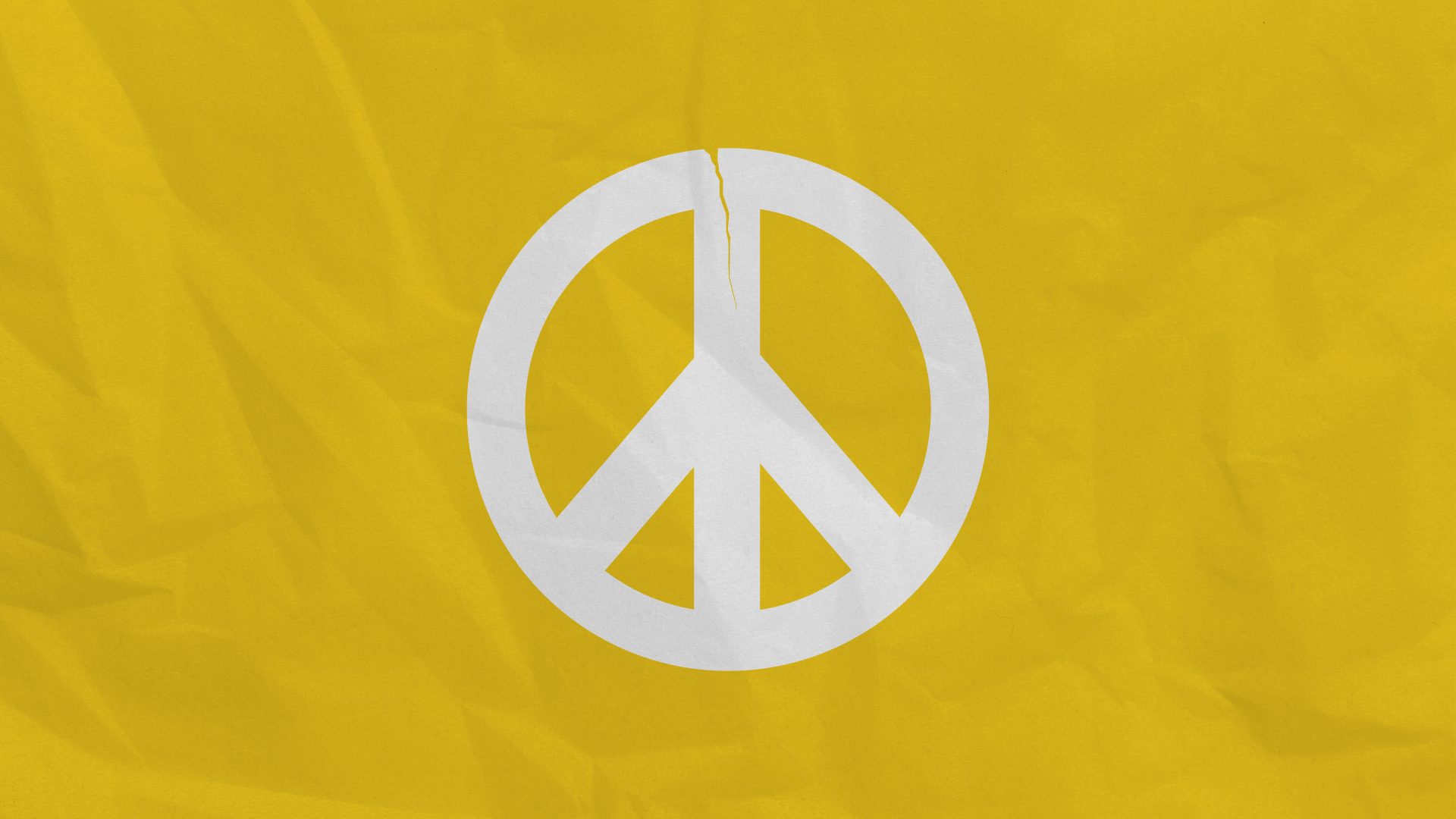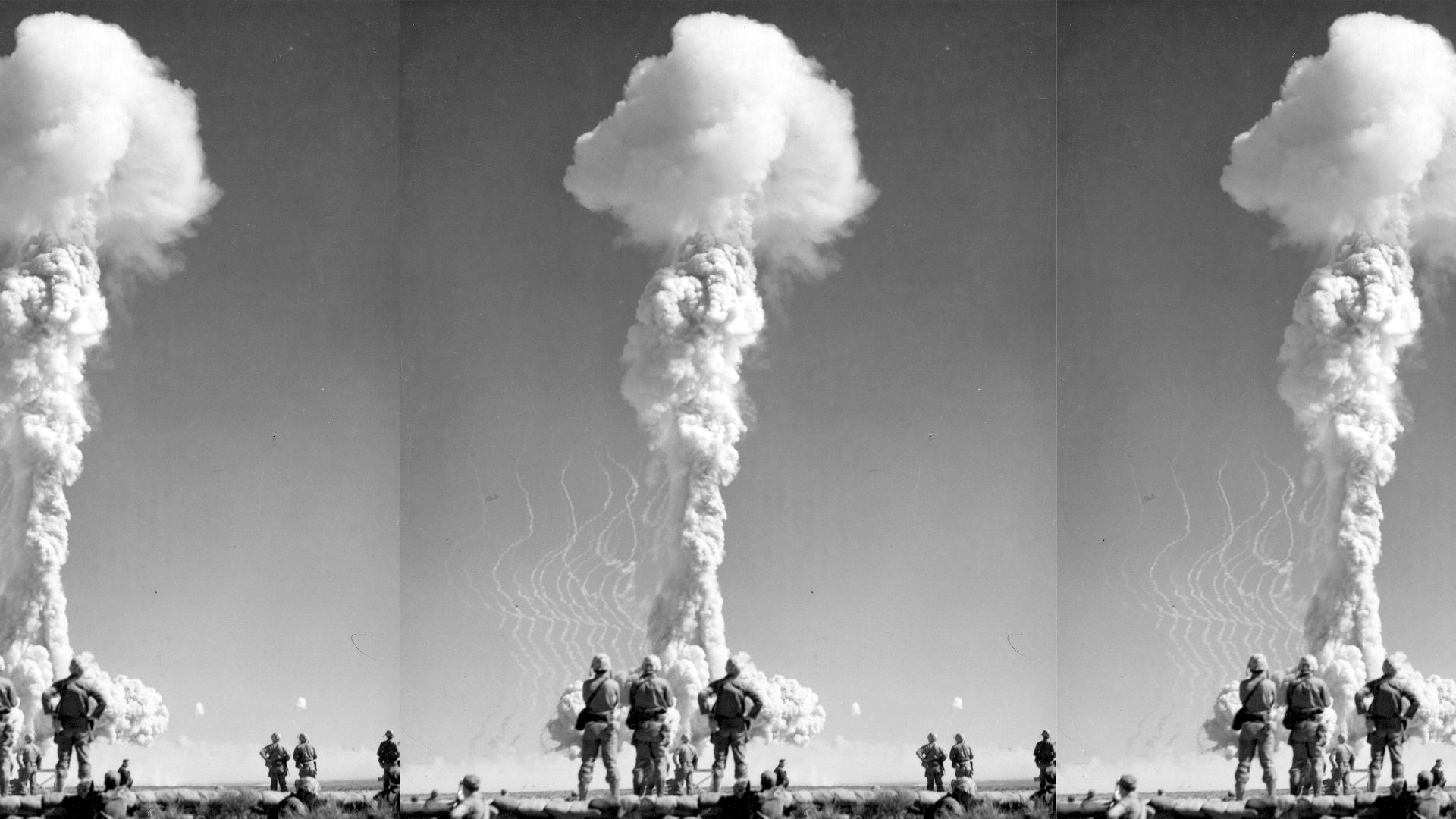Thomas Hobbes is famous for his pessimistic view of humanity. Human beings, he believed, act out of self-interest. Why else do we lock our doors when we go to sleep? Every human action is self-interested even when it seems otherwise. You help other people because it makes you feel better, not just because of disinterested concern for their plight.
Because of this fundamental selfishness, Hobbes believed, without an overarching power to keep us in check social living would be fraught with real danger. Without laws and strong people or groups willing to enforce them, we’d be in a State of Nature, with each of us pitted against each other, never able to trust one another because it would be in the interests of promise-makers to renege when they could get away with it, and even to make pre-emptive attacks against others to avoid the risk of being killed.
He identified three main causes of conflict in a lawless world: competition, diffidence, and glory. Competition caused people to use violence, invading others’ property for gain, to take control of whatever goods they needed or wanted, especially when resources were scarce. By diffidence he meant the lack of trust in other people that leads desperate individuals to attack their neighbours before they themselves get attacked. Lastly, when people attack others for what he called “glory”, they use violence because of “trifles”: a word, a smile, a different opinion, or any other sign that others undervalue or disrespect them.
In chapter 13 of his masterpiece Leviathan, he memorably described life in this State of Nature as “solitary, poor, nasty, brutish, and short”. This would be an unbearable war of everyone against everyone else, with no prospect for peace unless people could agree to set a higher authority above them to police that world and make sure people kept their word and abided by laws.
Hobbes deliberately painted life in this State of Nature as appalling, with no possibility of any cooperation, and constant fear of violent death. The point of his description was to explain why people would be motivated to give up some of their natural freedoms for the sake of peace, and why they would make a social contract to subject themselves to a powerful sovereign (which could be a monarch or a parliament), a sovereign prepared to enforce the rules. The alternative was too bleak to countenance.
Anticipating the criticism that human beings have never actually been in this sort of position, he replied that in some “savage places of America” small groups had lived under similar conditions, but, more importantly, that the relationship between “kings and persons of sovereign authority” was exactly like this. He compares these leaders of states to gladiators with their weapons pointing at each other, their eyes fixed on their opponents ready for attack, with forts, and garrisons, and guns at their frontiers, and spies gleaning information about potential attacks. Such leaders, he thought, are in a posture of war towards each other.
You might not share Hobbes’ dark view of human nature, and many of us hope that feelings of compassion, altruism, and a recognition of each other’s fundamental human dignity can win through, or at least make an appearance, even in lawless places. But this image of world leaders as gladiators eyeballing one another, ready to fight, is a powerful one. It seems to describe the powers facing each other over Ukraine today.
Hobbes believed that a desire for peace, combined with fear of death, both of which come naturally to us, can lead us out of the State of Nature.
But if he is right about the relations between gladiator-like states, perhaps the only route to peace is to have a powerful world organisation that can enforce international laws and punish states that break signed conventions on human rights and the conduct of war.
Without that, when states come into conflict and ruthless leaders see opportunities to use violence to achieve gain, or to get revenge for a perceived slight, those in their path will continue to be at risk of violence.
The argument that holding nuclear arsenals will stop large-scale wars because of the fear of mutual annihilation is looking shaky. Perhaps the alliance of states opposed to the invasion will be strong enough to subdue Putin’s Russia and jointly act as a world sovereign.
But as Hobbes pointed out, “covenants without the sword are but words”. You can’t make a tyrant keep a promise if you aren’t prepared to use force.



